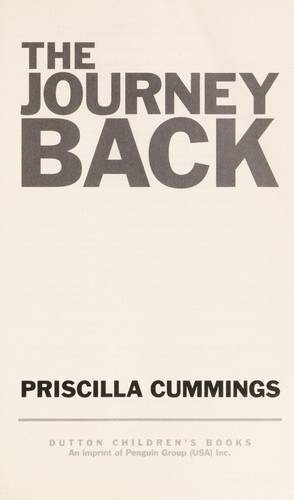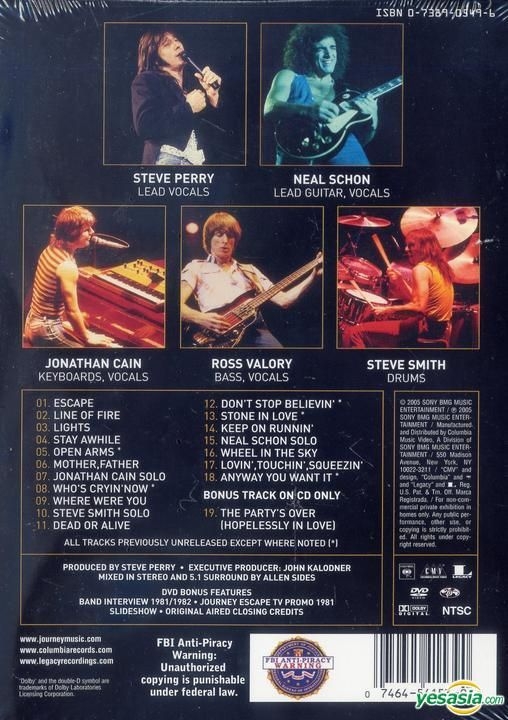
But the very act of a Negro speaking out against slavery was in essence, a confrontation which could only sustain credibility while the narrator lived to recount his experiences. The move from publically spoken accounts to the written form was, according to Baker, mainly a result of the Abolitionists’ desire to circulate the narratives to a wider audience and increase support for anti-slavery reform. An outrageous truth which revealed both the lies of a morally corrupt institution and the voice which emerged from the shadow of colonial oppression to question America’s most fundamental democratic value ‘that all men are created equal’.įrom the very beginning, the traditions of the slave narrative whether spoken or literary, have sought to confront the reader and wider society with the truth about slavery. It was the distinctive voice of protest seized upon by Abolitionists as the authoritative voice of truth which had previously been denied a platform by the system it condemned. With it, Douglass spoke for the multitude through his own experiences of collective oppression firstly as an Abolitionist speaker and secondly, as an influential writer whom Baker described as a ‘contributor to the canons of our national literature’ (p. The slave narrative then offers one of the first authentically American literary voices and the first African American voice. As an example of an early American literary form, the slave narrative of Frederick Douglass is significant in considering how literature initiates a confrontation with the reader which is necessary to promote individual and social reform. From this perspective, the North American slave narrative would satisfy Parker and Whitman in so much as it is recognisable as a uniquely American literary genre.

The vignette of the runaway slave and the firelock which affords parallels with Douglass’s life and Parker’s anti-slavery efforts is just one of the references to racial inequality in Leaves of Grass. Whitman also coveted a uniquely American literature to communicate democratic values and used his own work to circulate these ideas. 12), the narrative accounts of freed African American slaves exemplified by Frederick Douglass. Later in 1849, Parker revised his views by acclaiming a literary genre he believed ‘could be written by none but Americans’ (p. In doing so, he offered a radicalised humanitarian purpose for the ‘firelock lean’d in the corner’ in ‘Song of Myself’ from Walt Whitman’s Leaves of Grass. A committed Abolitionist, Parker helped provide shelter and passage for fugitive slaves, and helped arm the militia in free-states. According to Parker, the shadow of colonialism was the sole beneficiary of the literary truths and lies told (p. A year after Douglass’s narrative was published, Parker sermonised that American literature merely imitated European conventions and lacked a sense of permanence (p. Baker offers the views of Theodore Parker to illustrate the significance of the North American slave narrative to American literature.


OL4315238W Page_number_confidence 88.39 Pages 226 Ppi 300 Republisher_date 20200210211235 Republisher_operator Republisher_time 403 Scandate 20200210123032 Scanner Scanningcenter cebu Scribe3_search_catalog marygrove Scribe3_search_id 31927000153822 Tts_version 3.In the introduction of the Narrative of the Life of Frederick Douglas, an American Slave, Houston A. Access-restricted-item true Addeddate 15:02:23 Boxid IA1774906 Camera USB PTP Class Camera Col_number COL-609 Collection_set printdisabled External-identifier


 0 kommentar(er)
0 kommentar(er)
